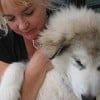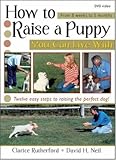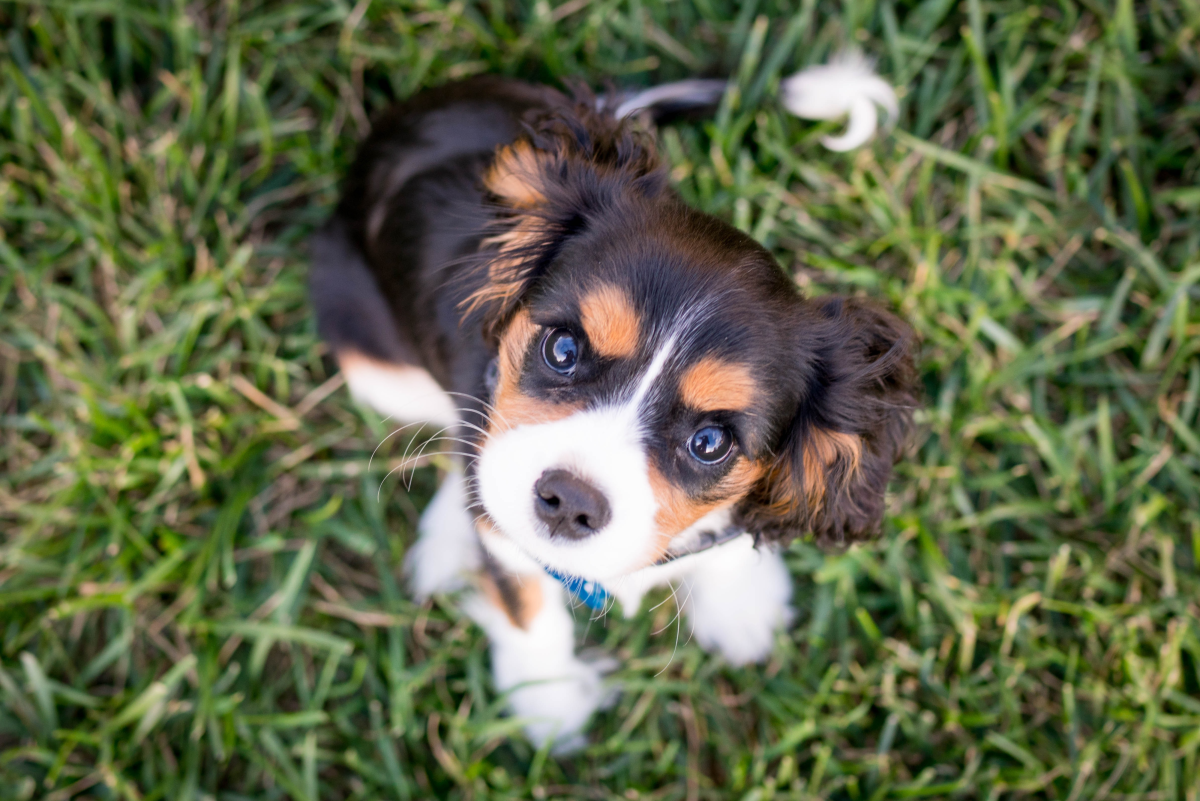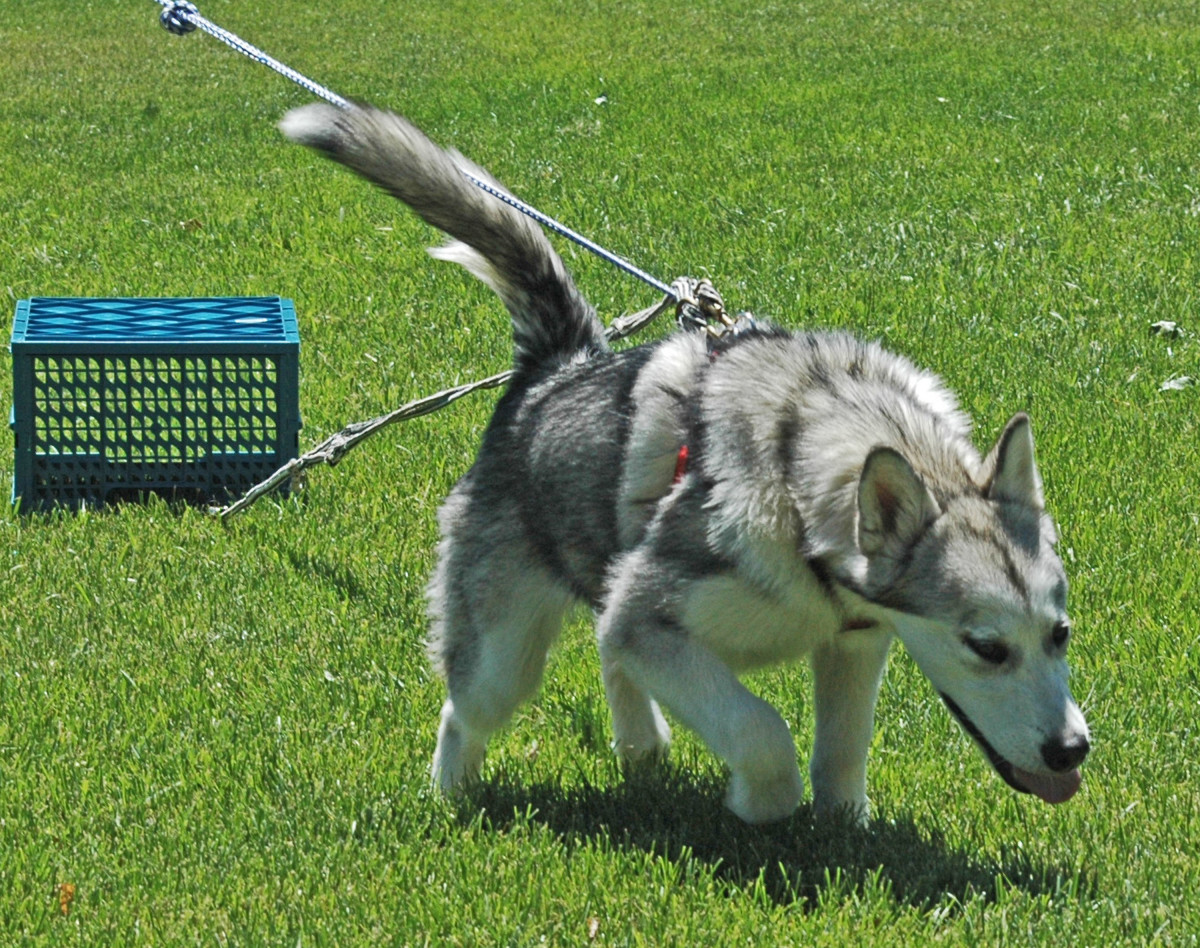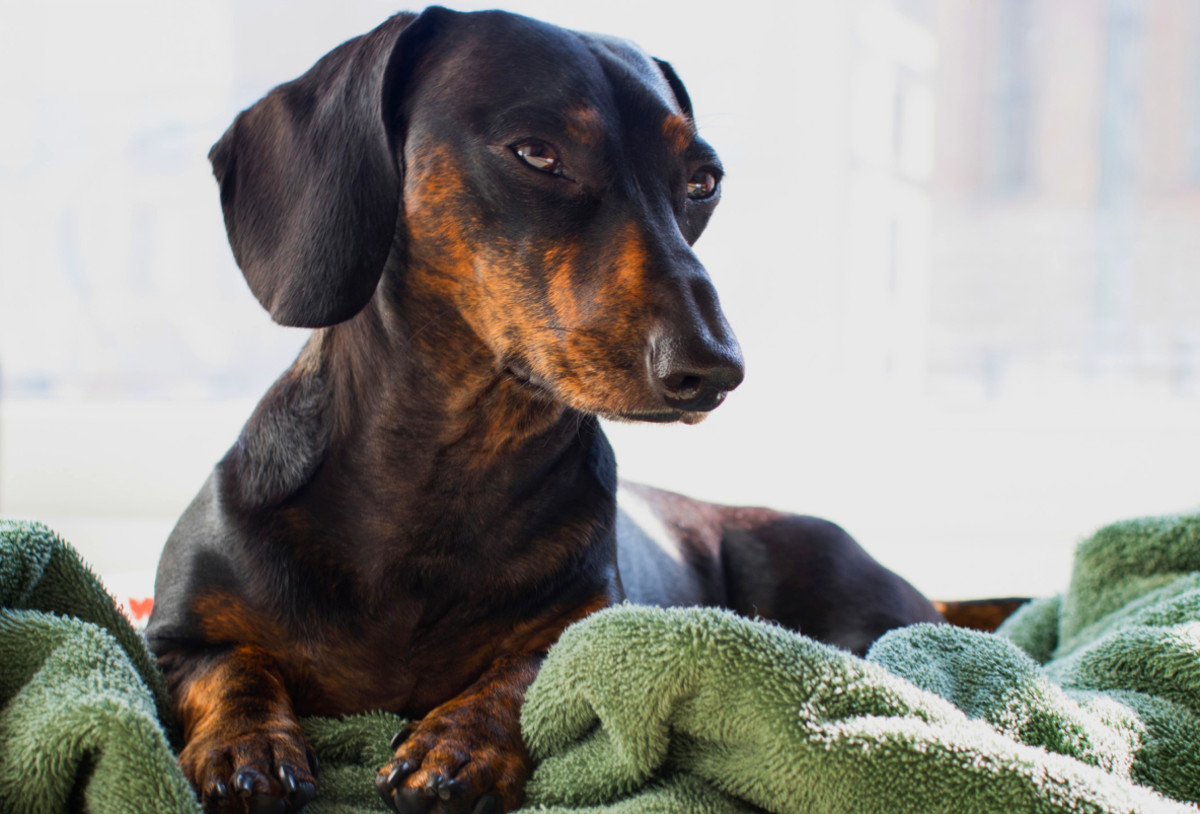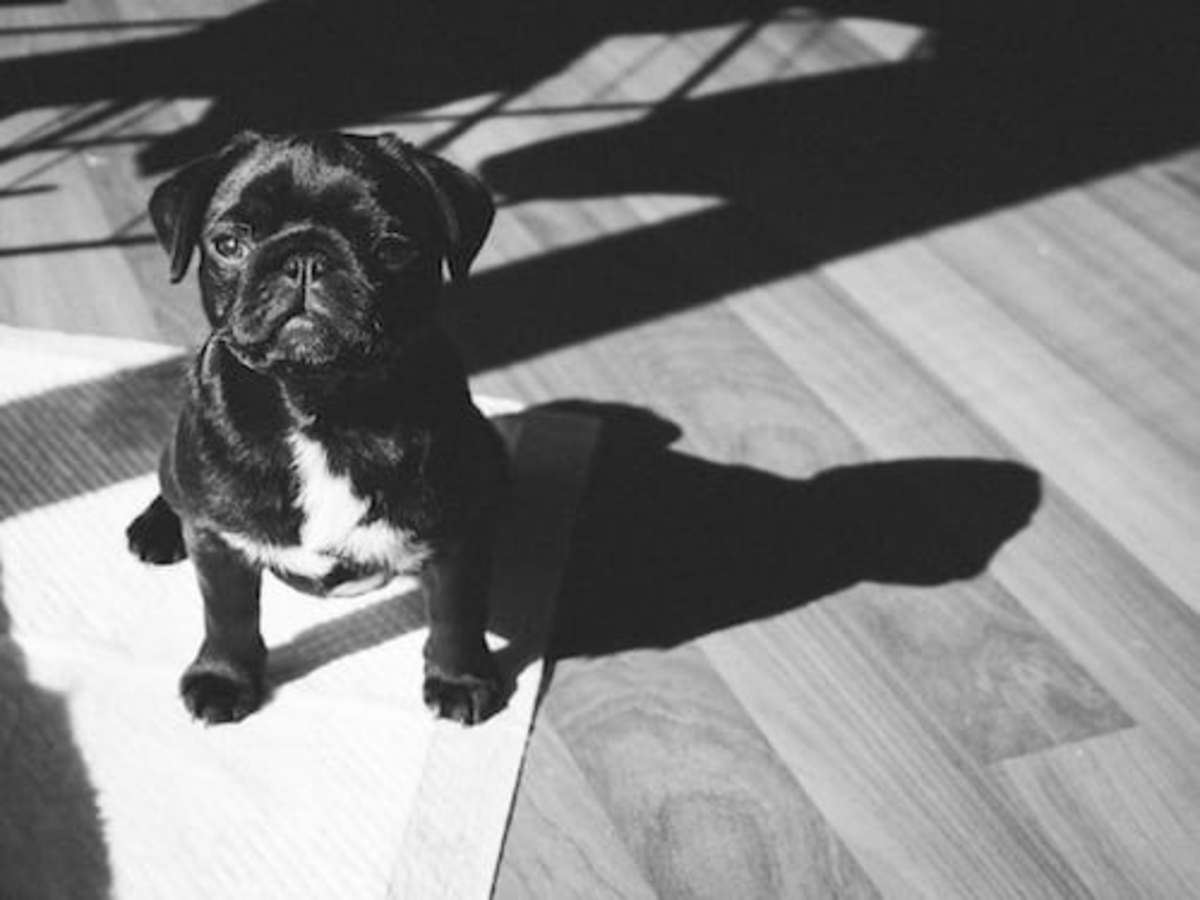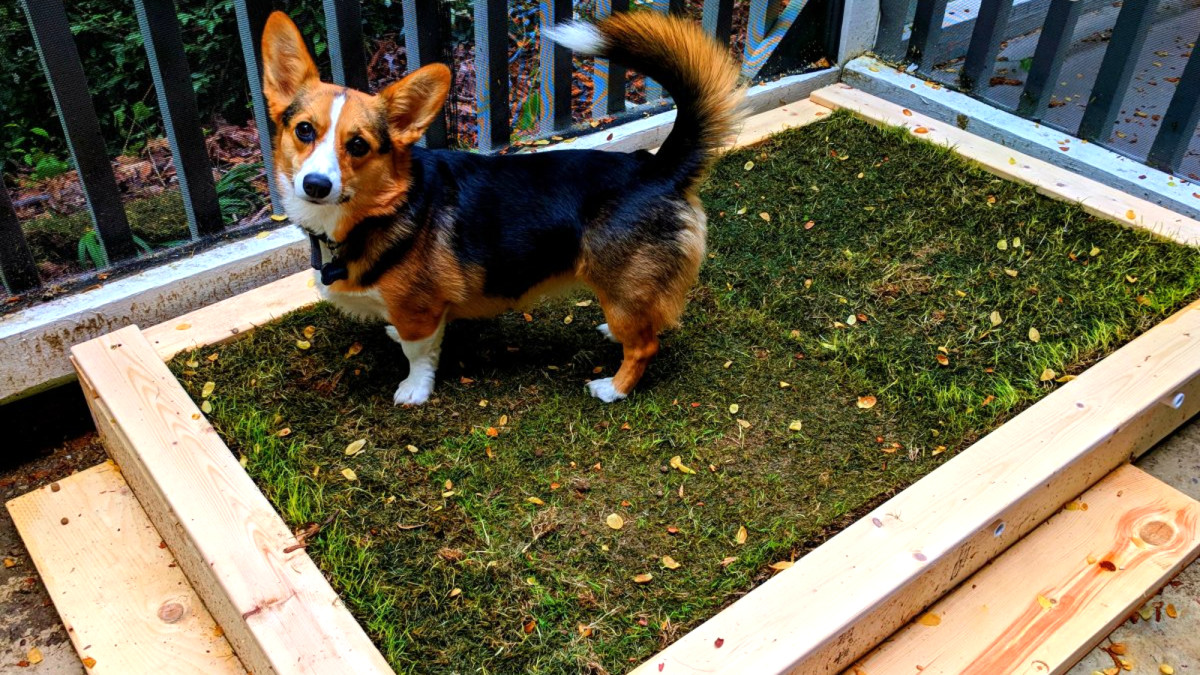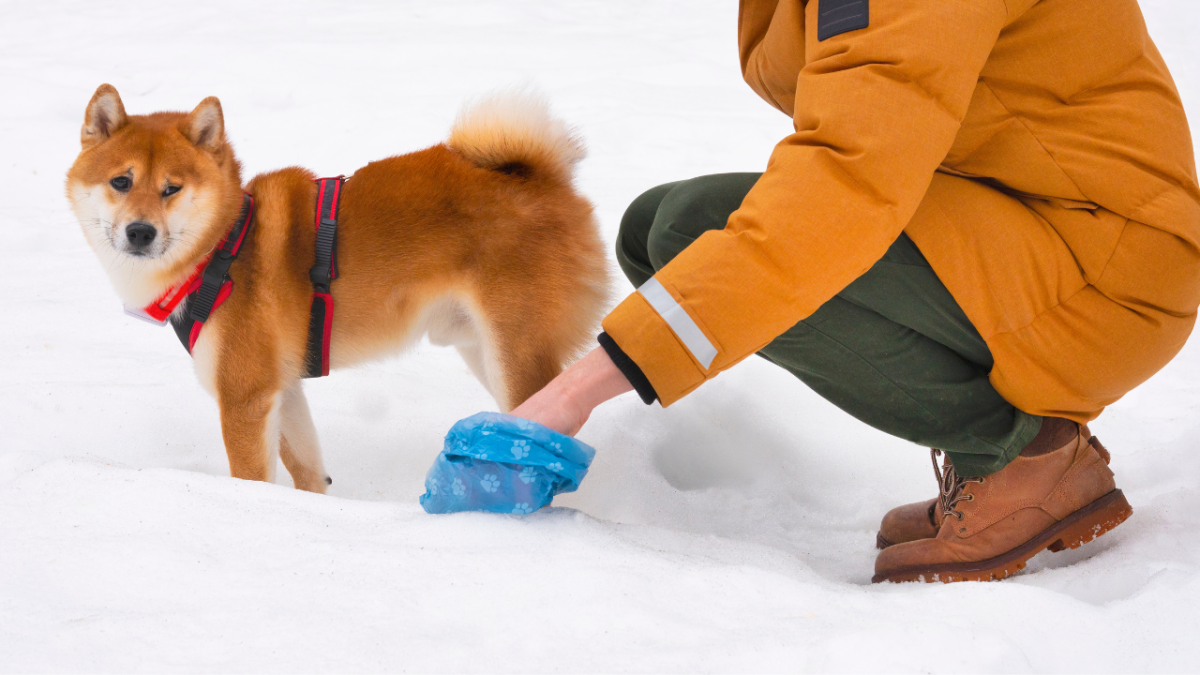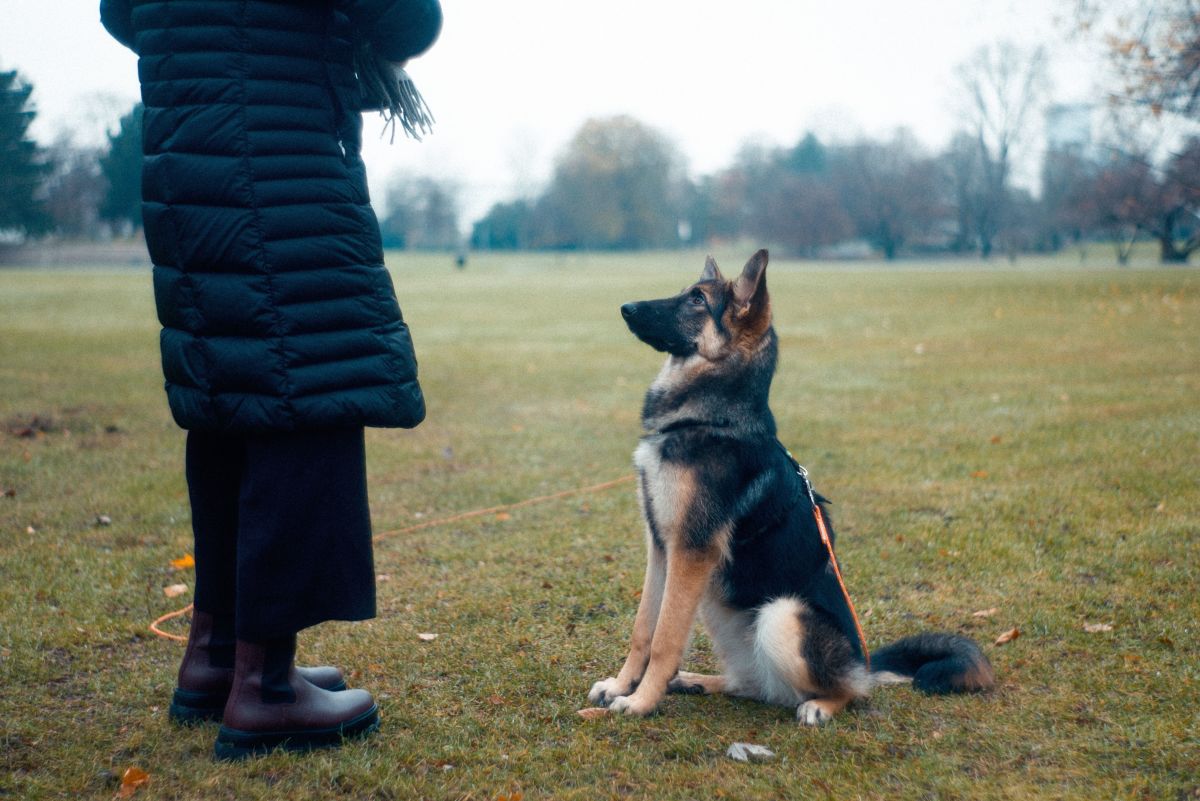How To Raise A Puppy Right From The Start
So You Decided You Want A Puppy
Now that you have made this enormous decision, most important of all, do your homework. Paramount to entering into a hopefully lifelong relationship with a dog is knowing what breed is compatible with your personality and your lifestyle; what you can actually live with rather than what sounds good! Most dogs found in shelters and in humane societies are there because someone did not know that breed's strengths and weaknesses and simply gave up.
Next, do you want a puppy from a reputable breeder or do you want a Heinz 57? Do you want a puppy that you saw an ad for in the paper? There never seems to be a shortage of puppies, but it is again important to know if you want a puppy as an extension of your personality and also what you value in a dog. Are you a firm believer in rescuing dogs? If so, you would be of the pet adoption variety and could find any number of puppies at a local shelter or humane society.
Before embarking on the task of getting the puppy and bringing it home, a little homework goes a long way to achieving a happy ending. If you are undecided about what breed, having a wish list of possible breeds is most helpful and then researching each breed regarding size, upkeep, temperament, exercise requirements, etc. would be the place to start. Finally, narrowing down your choice to the best pick for your individual situation is the next step. If you live in an apartment for instance, is your lifestyle compatible with getting a St. Bernard?
Last but not least, asking yourself the question would it be better to go with a more mature dog and not a puppy be the best route for me right now? Sometimes getting a puppy is not the best choice depending on where your life is at that particular moment, the time you have to devote to training, the constant interaction; it is a 24/7 job (much like raising a child) and if you are not forewarned and prepared for that, it can be overwhelming.
Griffin puppy
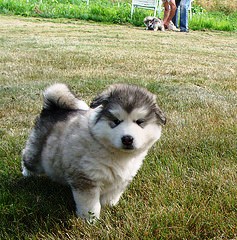
Bringing Your Puppy Home
Like bringing home a newborn, bringing home a puppy requires preparation and having at the ready the "tools of the trade" to begin your new life together. Most importantly, you need the proper diet in place from the moment you pick up youor puppy, as the puppy will not waste any time in needing to be fed. Continuing the puppy's current diet is recommended simply because changing the diet abruptly most likely will cause problems - for both the puppy and the new owner in terms of accidents and digestive upsets. It is best to keep the new puppy on whatever diet was in place and if you decide to change that diet, reduce the "old" diet by half and mix with the "new" diet gradually. Monitor for changes in digestion.
The Beginning of Griffin-time
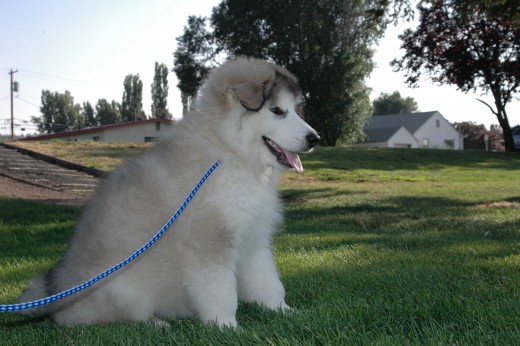
Depending on the breed of dog, there are different percentages of fat and fiber in puppy food that are recommended to make sure the dog forms properly as it grows. The most reliable source to get this information is from a breeder or from a vet. Larger breeds require certain percentages while smaller breeds require others. Certain breeds require still other requirements in their diet. Sometimes it is a matter of trial and error finding the "right" dog food as there are so many choices today, but a breeder or vet should be able to give advice. The Internet is also a great source of finding what is recommended for what breed. With some puppies, it takes some time to find the best dog food for that particular puppy due to allergies or digestive problems and the important thing here is to be tuned in to any problems the puppy may be having with a particular food and then seek to remedy it.
Puppies under 4 months need to eat at least 3 times per day. A vet recommended suggestion is to put the food down for 5 minutes and allow the puppy to eat as much as it wants; set a timer and then take the food up until the next feeding. An excellent way to begin training a puppy twofold is to put their feeding dish inside their crate while they eat so that they have a positive experience associated with the crate. A vet or a breeder should also be able to provide you with the recommended weight gain for your individual puppy's breed and can also recommend the top and bottom amounts to feed per feeding session.
Crates are invaluable tools for puppies simply because a crate can keep a puppy safe. Safety in the car when transporting a puppy is crucial. Safety in keeping a puppy where it cannot get into forbidden areas or potentially harmful situations is another plus if you are unavailable. While a crate is an excellent teaching tool and a safe haven, it should never be used as a substitute for caring for a puppy or leaving it unattended for huge periods of time. The crate needs to be associated with positive experiences though it can be used for time-outs when necessary. The crate should be appropriate to the size of the puppy as well; not too big and not too small. It should have enough room in it to allow the dog freedom of movement but not enough for the puppy to use it as a potty area.
Toys, toys, toys. Puppies chew - it is just the nature of the beast! If you cherish "your stuff" you will need to provide an alternative outlet for puppy teeth because from the moment they are born, they seek to chew on anything and everything. Any pet store and many grocery stores have toys galore and just like a child, it is important to change things up from time to time. If they tire of one particular toy, switch to another for a time. Having a supply of Nylabones or Kongs on hand as well, appropriate to the dog's size is a great idea as puppies rarely sleep through the night. Having one of these to chew on in their crate or where they sleep can save you many sleepless hours - and other household items! Any toys should have pet safety labeling on them and puppies should never be given toys with buttons or detachable parts since they can swallow them and potentially choke.
When you bring your puppy home, be prepared for mishaps! Cleaning products for accidents are most helpful to have at the ready as you start potty training your new puppy. Read up on what to do for what surfaces in your home and be prepared. Sprays that act as deterents to chewing are helpful to have on handas well. Decide beforehand where you want your puppy to potty and then have a plan for executing that. Taking the puppy on a leash to the spot that you would like to have it use is helpful but make sure you do this every few hours in the beginning because they are unable to hold their bodily functions for long periods of time. The most important time to reinforce what you want is when you catch them doing otherwise. Catching them in the act and then depositing them gently but firmly where they should be going gets you to potty trained much quicker than shoving a dog's nose in it after the fact. You should make yourself understood - NO spoken loudly and then depositing the dog where you want it to potty is all that is needed; consistency is the key here.
Having a plan of action is the key to puppy-hood rather than making a plan as the need arises, although the natural flow of puppy-hood requires that we adapt to our new houseguest as new situations evolve. What works for one family might not for another or conversely what worked with one puppy might never work for another. Whatever plan of action you decide on, make it right for you as well as your new puppy. Make sure that your expectations are reasonable. Thinking about "what ifs" ahead of time rather than being in the throes of a puppy moment can save a lot of emotional turmoil in the long run. On getting our new puppy,we talked ad nauseum about what we would do if. Although we have had to make many changes along the way, it did give us a jumping off place and made us feel that we had the situation somewhat under control when we stepped through the door with our little bundle of joy. However, as in many things in life, it is a work in progress!
Available Here From Amazon
Buy Now At Amazon - Puppy Tools Of The Trade
Do's And Don'ts For Puppy Owners
- Do love your puppy with all your heart - they will return the favor
- Do your homework and make sure the breed is the right one for you
- Do seek out people to share your puppy-hood with that have like interests
- Do make sure you are ready for your new addition with the proper equipment
- Do grow your puppy with consistency and love - the rewards are unlimited
- Do find ways to help your puppy find his purpose so as not to grow stale
- Do find time every day to praise and love your puppy
- Do make sure your puppy is vaccinated and well maintained with a vet
- Do find the time to go to obedience training
- Do work with your dog each and every day on obedience or tricks
- Do find the most creative way for your lifestyle to exercise your puppy
- Do be cautious until shots are complete about exposing your pet to diseases
- Do be responsible when it comes to neutering your pet
- Do know where your pet is at all times
- Do play with your puppy with abandon and don't forget the joy of that
- Do play, play, play
- Do accept puppy hugs and puppy kisses as often as you can
- Do remember for the rest of your days the gift of a puppy
- Do laugh long and often at the joy of being a puppy
- Do remember that life is so short and they are only here for a time
- Do teach your dog simple commands because it could save a life
- Do expect the very best from your puppy - it will never fail
- Do expect mistakes but refrain from dwelling on them
- Do be flexible and think outside the box sometimes to problem solve
- Do socialize your puppy and trust it to be a good experience
- Do take the responsibility to make your puppy a good dog
- Don't leave your puppy unattended in potentially dangerous situations
- Don't leave a puppy unattended in a hot car!!!
- Don't leave a puppy in a crate with a collar or leash on
- Don't leave a puppy with a small chew toy that could be swallowed whole
- Don't tie your puppy up or stake them out
- Don't expose your puppy to animals if you cannot assure puppy safety
- Don't let your dog become aggressive - find appropriate ways to curb it
- Don't let your dog's breed get a bad name
- Don't beat down your dog's ego - find a positive way to get what you want
- Don't forget that a dog is only as good as his or her owner
- Don't forget that there are few bad dogs but many bad owners
- Don't forget to be grateful for the time you share and embrace it
Great Video On Teaching Puppies Not To Chew
Audrey's New Leash On Life
- Audrey's New Leash On Life
Experiences relating decades of joy with dogs
More Puppy Links
- What to do With a Puppy Who Steals?
Puppies are downright cute. Right? But, they sure do get into a lot of trouble... I believe I've only had one puppy not... No... I take that back. I've never not have a puppy with some behavioral problem. ... - Puppy Bite! - What To Do When Your Puppy Bites You
Puppies are sweet fuzzy bundles of joy. They are also mouths on legs. Many puppy owners soon find that the little sweetie they brought home from the breeders does little more than mouth them, the furniture,... - How to Best Potty Train a Puppy
Potty training a puppy isn't as difficult as you might think, but it does take patience and consistency. Popular methods of potty training include crate training, clicker training, and using housebreaking pads. - What is the best dog food for my puppy?
In general the best food to feed a puppy is going to be a premium brand dry food. A puppy would need to eat a one and a half times semi-moist food, or even twice as much can food to get the same nutritional... - Teething Puppies
So you just brought home a new puppy. Everything's great. She's cute and cuddly. Has puppy breath and gives great puppy kisses. She's catching on to her potty training. And everyone in the family loves her,... - Bathing Puppies
You should not bath puppies younger than 8 weeks old. Puppies under 8 weeks can be rinsed with plain water and puppy wipes, but I would stay away from puppy shampoos. And, definitely stay away from any flea...
Alaskan Malamutes
The Joy of Griffin
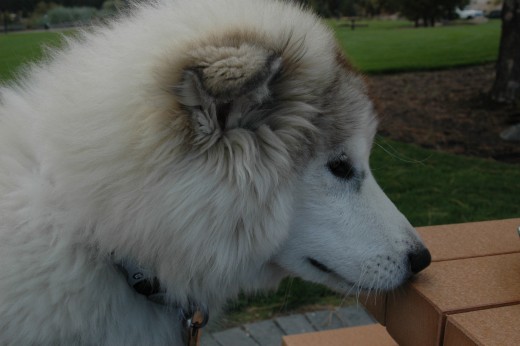
More Books Available Here on Amazon - Puppies
More To Buy Here On Amazon
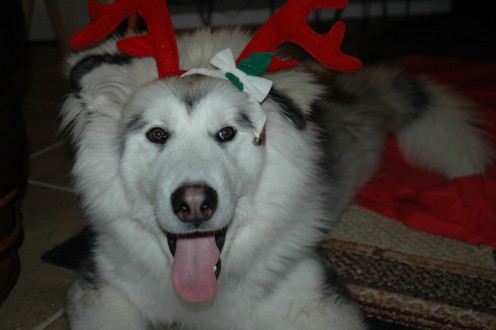
More Training Links
- Skijoring - Another Winter Sport To Exercise Your Do...
Think We Can Pick Up The Speed? We Only Got 100 Years! Skijoring is actually bikejoring only on skis! It is yet another great sport that you can participate in with one dog or several. Your dog does not... - Rollerblading - A Quick Look At How Not To Rollerbla...
This is a subject I can speak on with great authority since I did in fact train one of our malamutes to exercise with me on rollerblades. I can also say that it was the most harrowing experience I have had... - Backpacking As A Sport With Your Dog
Backpacking with your dog and having your dog carry a backpack designed specifically for him or her is a wonderful way to exercise a malamute and/or any working breed dog. It can be a fun way to get in their... - Scootering As a Sport With Your Dog
As if the rollerblading experience had not been enough (see my link to that episode), I still looked forward with glee and I mean real glee to training the malamutes to pull me on the Diggler scooter that I... - Walking The Dog
The easiest exercise method of all that we probably can ALL participate in on some level would be simply walking our dogs. Be prepared, however, because the malamute will just be getting started when you are... - How To Get Your Dog To Behave In The Car
Up until recently, I did not think we had a problem with any of our dogs riding in cars! We actually didn't to any noticeable extent until the last 5 or 6 months. However, in retrospect on thinking about... - Jogging With Your Malamute And How To Survive It
It is possible to jog with malamutes and other arctic breeds, and just like walking your dog, you can accommodate most any area that you can walk your dog to jogging with your dog. However, malamutes in...
